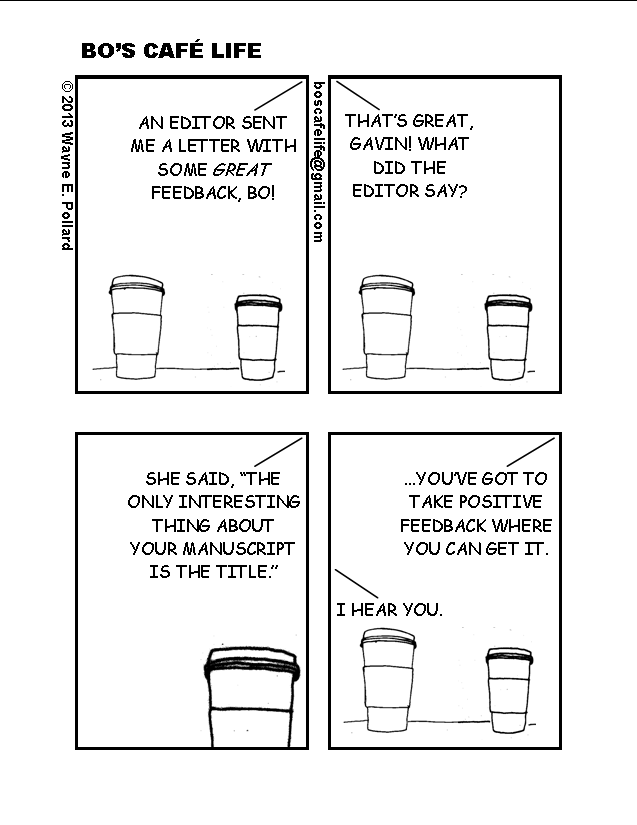Paul Whybrow
Full Member
I'm currently reading Richard Flanagan's 2014 Man Booker Prize winning novel The Narrow Road to the Deep North, and curious about the title, I did some investigating and found it comes from a 17th-century Japanese work by poet Matsuo Bashõ, which is considered to be one of the major texts of Japanese literature.
It's a common practice, for authors to lift titles or quotations from literature as titles for their works. There's a Wikipedia page on the subject:
List of book titles taken from literature - Wikipedia
Quite often, the new book overshadows the source of inspiration. For instance, many more readers know of Maya Angelou's I Know Why The Caged Bird Sings than the title's source, Paul Laurence Dunbar's poem Sympathy
In my own writing, I inadvertently almost stole a book title. I called my first Cornish Detective novel The Perfect Murderer, which was an allusion to a teasing piece of misdirection made by one of the sinister characters, who described a serial killer in this glowing way, when it was actually him who'd perfectly evaded detection.
I was thinking what a clever boy I'd been, when I read a guide to writing by H.R.F. Keating called Writing Crime Fiction, in which he mentioned his first Inspector Ghote novel, that was called The Perfect Murder. It was first published in 1964, but I realised that I'd read it, as well as several other stories in the series, while working as a librarian in London in the 1970s. I'd forgotten about it, but perhaps a part of my subconscious stored the title away as being eye-catching.
Since then, I've been diligent in checking that my chosen titles aren't the same as previously published novels—as well as finding out if my characters' names already prowl the pages of famous works of literature.
Having a book title that lifts a familiar phrase can be an effective 'hook', (even if it's only subliminally), to make people remember it. A good example is John Steinbeck's The Grapes of Wrath, which was suggested by his wife Carol, after he had difficulties thinking of something. It's taken from The Battle Hymn of the Republic, by Julia Ward Howe:
Mine eyes have seen the glory of the coming of the Lord:
He is trampling out the vintage where the grapes of wrath are stored;
He hath loosed the fateful lightning of His terrible swift sword:
His truth is marching on.
Having exactly the same book title as a bestseller can have unexpected sales benefits, as the startled author of a military history book recently discovered:
No, the other Fire and Fury: when books share titles
Have you used quotes, lyrics from songs, lines from a verse or existing book titles as inspiration for your own novel's title?

It's a common practice, for authors to lift titles or quotations from literature as titles for their works. There's a Wikipedia page on the subject:
List of book titles taken from literature - Wikipedia
Quite often, the new book overshadows the source of inspiration. For instance, many more readers know of Maya Angelou's I Know Why The Caged Bird Sings than the title's source, Paul Laurence Dunbar's poem Sympathy
In my own writing, I inadvertently almost stole a book title. I called my first Cornish Detective novel The Perfect Murderer, which was an allusion to a teasing piece of misdirection made by one of the sinister characters, who described a serial killer in this glowing way, when it was actually him who'd perfectly evaded detection.
I was thinking what a clever boy I'd been, when I read a guide to writing by H.R.F. Keating called Writing Crime Fiction, in which he mentioned his first Inspector Ghote novel, that was called The Perfect Murder. It was first published in 1964, but I realised that I'd read it, as well as several other stories in the series, while working as a librarian in London in the 1970s. I'd forgotten about it, but perhaps a part of my subconscious stored the title away as being eye-catching.
Since then, I've been diligent in checking that my chosen titles aren't the same as previously published novels—as well as finding out if my characters' names already prowl the pages of famous works of literature.
Having a book title that lifts a familiar phrase can be an effective 'hook', (even if it's only subliminally), to make people remember it. A good example is John Steinbeck's The Grapes of Wrath, which was suggested by his wife Carol, after he had difficulties thinking of something. It's taken from The Battle Hymn of the Republic, by Julia Ward Howe:
Mine eyes have seen the glory of the coming of the Lord:
He is trampling out the vintage where the grapes of wrath are stored;
He hath loosed the fateful lightning of His terrible swift sword:
His truth is marching on.
Having exactly the same book title as a bestseller can have unexpected sales benefits, as the startled author of a military history book recently discovered:
No, the other Fire and Fury: when books share titles
Have you used quotes, lyrics from songs, lines from a verse or existing book titles as inspiration for your own novel's title?

